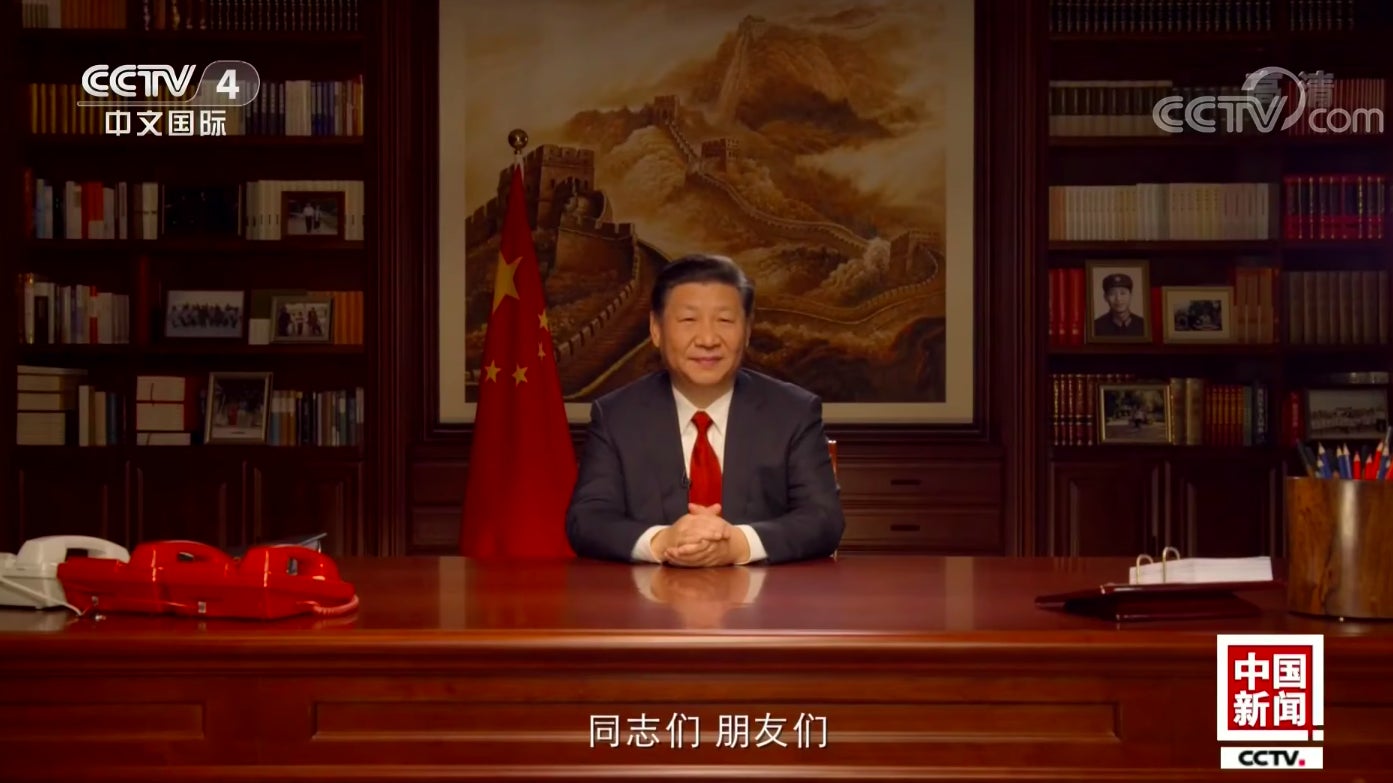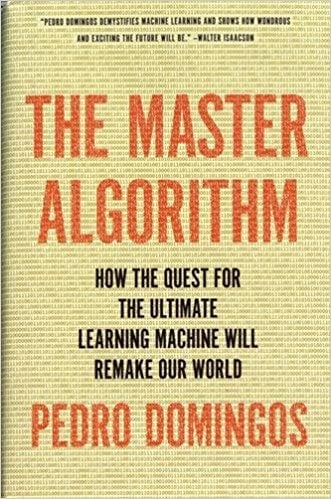These are the two books that are helping Xi Jinping understand AI
China’s president Xi Jinping is an avid reader. He peppers his speeches with quotes from his favorite writers, including Charles Dickens, Victor Hugo, and Paulo Coelho. His annual New Year’s Day greetings offers a rare look into the secrets of his office bookshelf—something Chinese netizens enthusiastically examine each January.


China’s president Xi Jinping is an avid reader. He peppers his speeches with quotes from his favorite writers, including Charles Dickens, Victor Hugo, and Paulo Coelho. His annual New Year’s Day greetings offers a rare look into the secrets of his office bookshelf—something Chinese netizens enthusiastically examine each January.
This year, they found that (link in Chinese) Xi rearranged two defining titles on Marxism—The Communist Manifesto and Das Kapital—within easy reach of his desk. He also expanded his collections of Western literature substantially to include titles like Homer’s The Odyssey and Ernest Hemingway’s The Old Man and the Sea. And there are some new texts about military and economics on his bookcase.
The more surprising discovery is that at least two books on understanding artificial intelligence (AI) were also spotted for the first time on Xi’s bookshelf. They are Pedro Domingos’s The Master Algorithm, and Brett King’s Augmented: Life in the Smart Lane.

Released in 2015, Domingos’s book is an introduction to machine learning and how it relates to everyday life. The answer to all the learning problems of AI technology, argues Domingos, a professor of computer science at the University of Washington, is an ultimate “master” algorithm that gives itself feedback to develop endlessly. He writes: “If it exists, the Master Algorithm can derive all knowledge in the world—past, present, and future—from data. Inventing it would be one of the greatest advances in the history of science.”
In 2016, Bill Gates recommended The Master Algorithm as one of the two must-read books on AI.
Augmented tells a story about how you will live your life in a world that will change more than ever in the next 20 years, in what author King calls the Augmented Age. This new era will be based on four themes: artificial intelligence, experience design, smart infrastructure, and healthcare technology. “Lack of a digital identity may make you less trustworthy in the new world,” he writes.
China has vowed to lead the world in AI technology, with the aim of making the domestic industry worth $150 billion by 2030. The country is already home to some of the world’s leading facial recognition companies, such as Megvii Face++ and SenseTime, and both firms have been enlisted by police to build video surveillance networks across China that can quickly identify people. With government support, China’s big three tech companies, Baidu, Alibaba and Tencent, are all getting into AI, focusing on self-driving, smart cities, and health-tech, respectively.
Hope Xi has read enough to catch up.